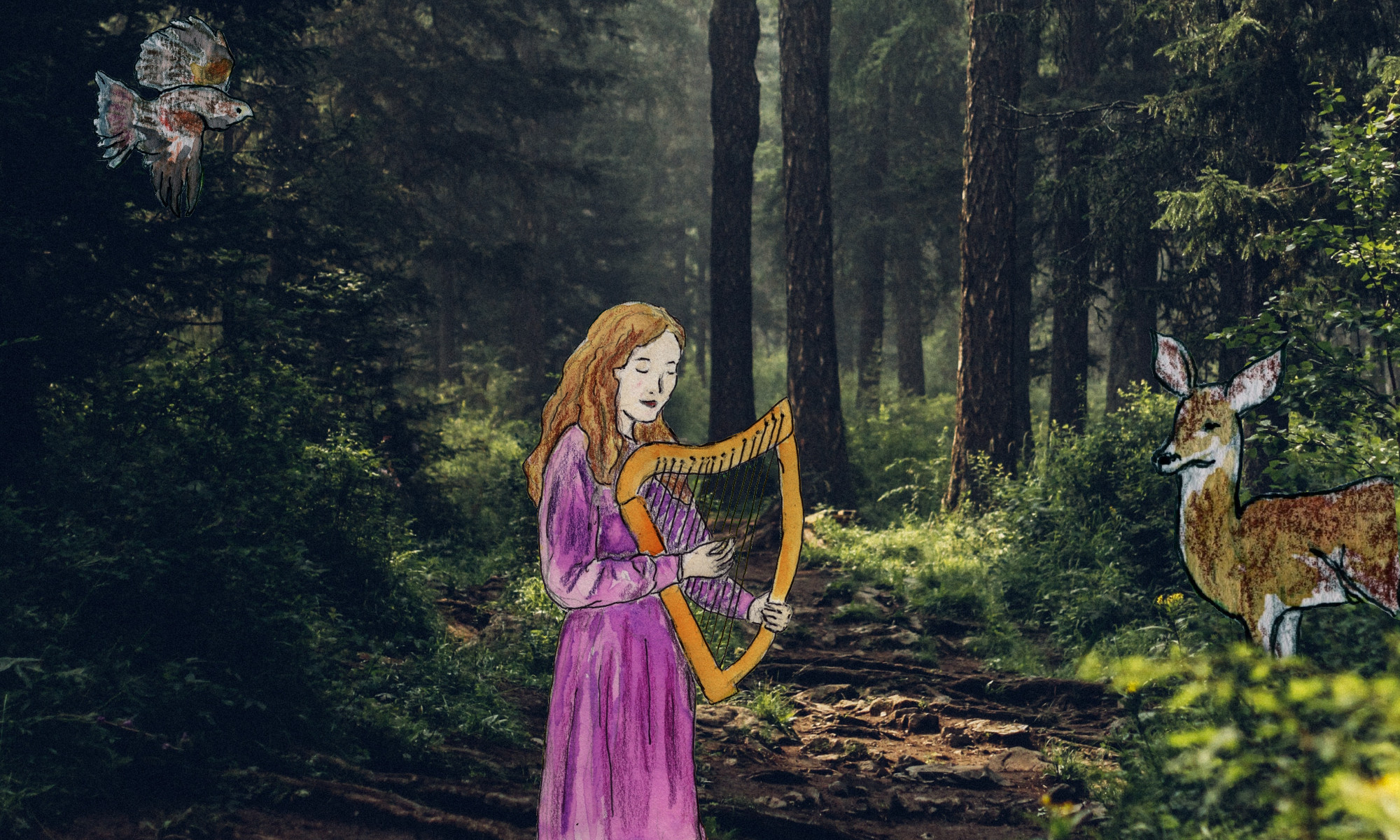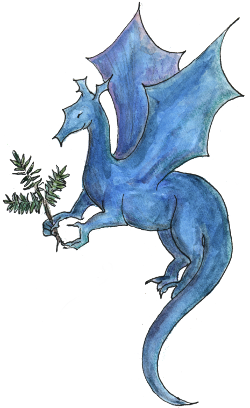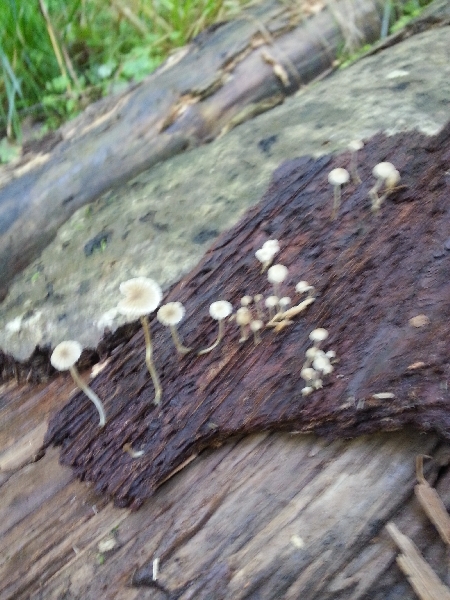(In this post, two characters from the children’s fantasy novel, Because Of The Red Fox, have their say)
Shell: Shell Wakefield, here. I’m, uh, the main character in this book that just came out that tells about a very unusual day (and night) in my life. Wow, it feels really weird to type this! I mean, how would you feel if someone started writing about your life, and then made it into a book?
Anyway, folks who know about my story have been telling me I have to see this music video that’s gone viral. The music video is called The Fox (What Does The Fox Say?) by a Norwegian comedy duo called Ylvis. They are two brothers named Bård and Vegard Ylvisåker (Bard? Wow, that’s a coincidence!). You probably all know about this video.
Yesterday I finally watched it. It’s a totally fun and whacky video! Then I got Leaves to watch it with me, and he started dancing in the woods … just like all the bard foxes do in our book. Bard foxes! And in fact, I think those folks dancing in the woods with the singers are the bard foxes!
And then Leaves said he had to have a chat with Tony the Pony, but that Santa (my cousin) should bring her ham radio, and transmit what he says in Morse code, since she knows Morse code, thanks to being an Amateur Radio Operator and all (that’s in our book too).
So I have this crazy, funny feeling when I think about The Fox (What Does The Fox Say?), because some of it feels very familiar, like it could have come out of our story, Because Of The Red Fox. Leaves is a mystery, after all. And he watches over me. sort of, and then there’s this angel bird feather I have … Really, it’s all in our book.
What do you think, Leaves? What does the fox say?
Leaves: Wa-wa-way-do, of course! What does the fox say? Our book has everything to say about what I say! Even so, this video does indeed shed a little extra light onto moi, and my way with words.
Shell: Hm! You don’t say!
Leaves: And on you as well. In the video, isn’t that Bert the Gamesmaster reading to you as a little child? And there’s that hound …. And that elephant person at the beginning has to be the Green Knight in disguise.
Shell: That’s stretching it, Leaves! Maybe. … So, it’s weird to be in a book that’s published. But it’s even weirder to see elements of our tale in a video that’s been viewed by millions! Leaves, you are an ancient mystery.
Leaves: So are you, Shell!
Shell: I have a feeling we all are, including you, dear Readers. Anyway, check out the video, read our book (or the other way around), and let us know what you have to say!


